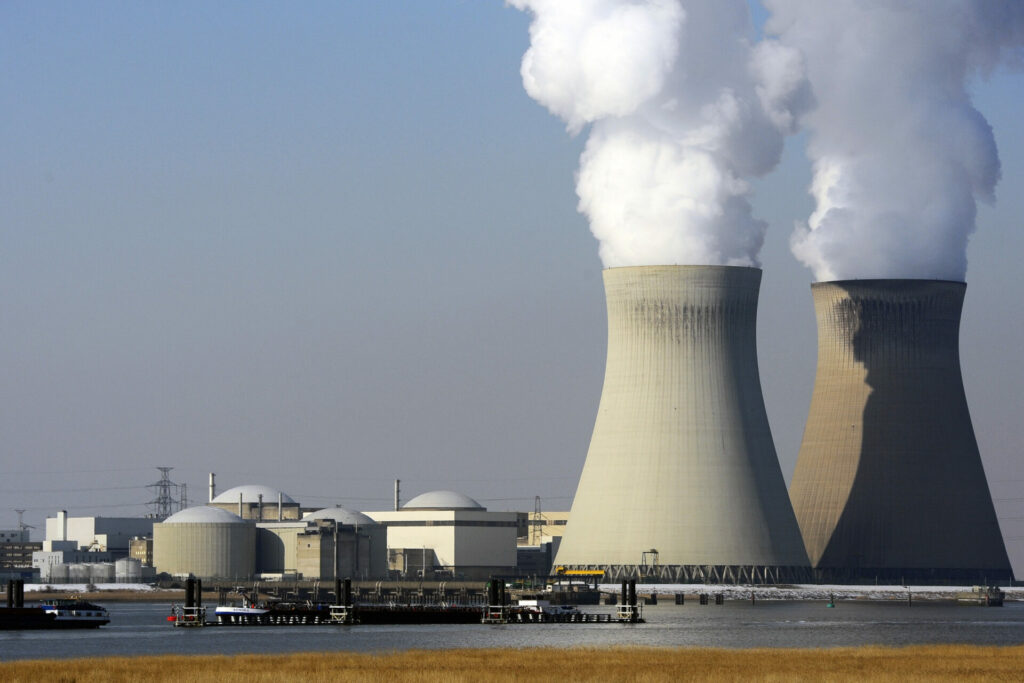Belgium's Federal Government and multinational energy company Engie have reached an "agreement in principle" in the talks on the extension of the two latest nuclear power plants, Doel 4 and Tihange 3, Prime Minister Alexander De Croo announced on Friday.
The deal is a first, but important, step towards a final agreement. With the principles established, more specific negotiations will take place in the coming months.
"The Belgian government is taking its responsibility so that our country can regain some control over its own energy supply," De Croo said on Twitter. "This agreement is a first crucial step and an important sign of trust between both parties."
He added that the aim is to reach a final agreement by the end of this year, "so that our country can be assured of sufficient electricity in turbulent geopolitical times."
The "agreement in principle" establishes the framework or outlines that will be negotiated in the coming months. Within that framework, the aim is to have the Doel 4 and Tihange 3 nuclear reactors – which would normally close in 2025 – up and running again by November 2026, for ten years.
The agreement gives the country "more solid ground to get a grip on the energy sector in very crucial times," De Croo said during a press conference on Friday morning, speaking of a "good deal" for Belgium and a balanced agreement that should allow "families and companies to rest easy."
However, that will only happen after approval by the Federal Agency for Nuclear Control (FANC), Belgium's nuclear watchdog.
Related News
- Nuclear extension: 'Agreement in principle' reached during Engie negotiations
- Flemish Energy Minister calls for nuclear reactor extensions
While the Belgian State will not become the operator of the nuclear power plants, the government and Engie Electrabel will share the profits and the risks together through a new company to be established. "Operating a power station is not the core task of the state," said De Croo. "But this way, we will also be able to have a say in strategic decisions."
The costs of dismantling power stations and nuclear waste, which will be determined by a study, will be borne by Engie. Now, expert working groups will start looking into it, and a final agreement should be reached by the end of 2022. Belgium uses a model similar to the one used in Germany: "Engie will bear the costs, but the state will say how this is to be done and how much it will cost."
Once that is in place, the European Commission will still have to give formal approval.
Normally, Doel 4 and Tihange 3 would close in the summer of 2025, but in March, the Federal Government decided to start negotiations with the operator Engie for a ten-year extension in order to secure the country's energy supply.
Update: This article was updated to include announcements made during a press conference held by the Prime Minister.

